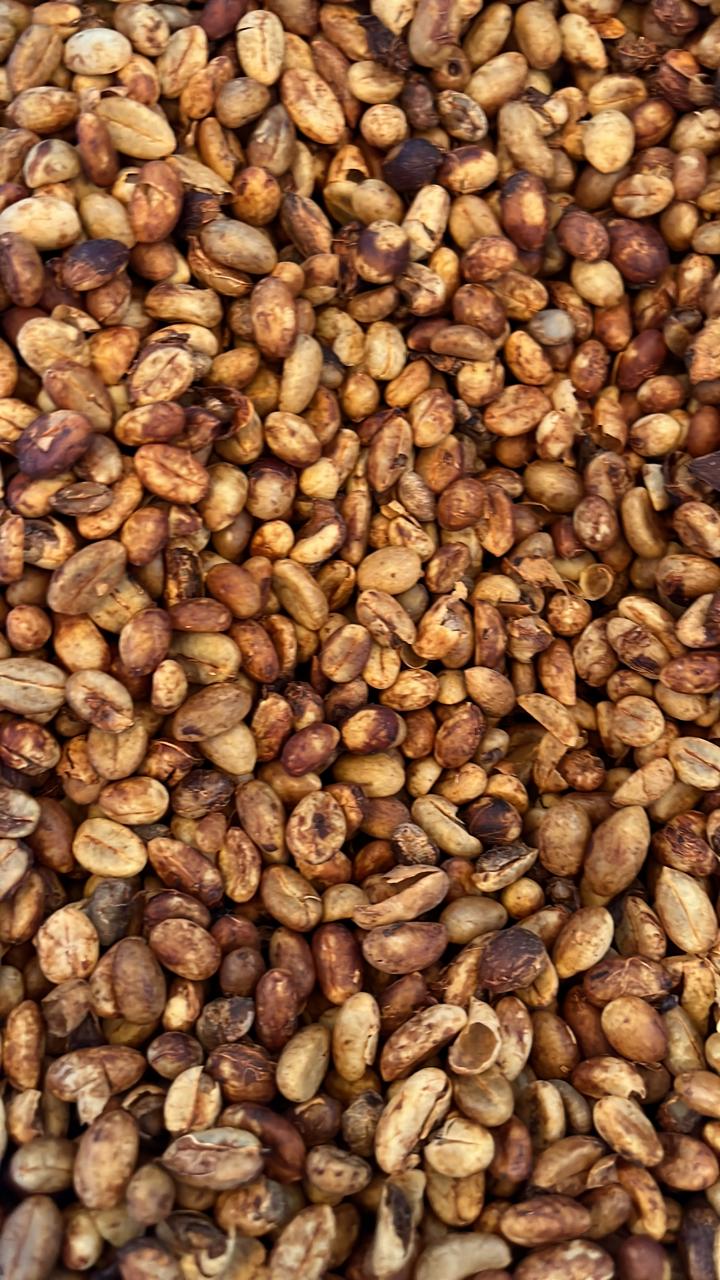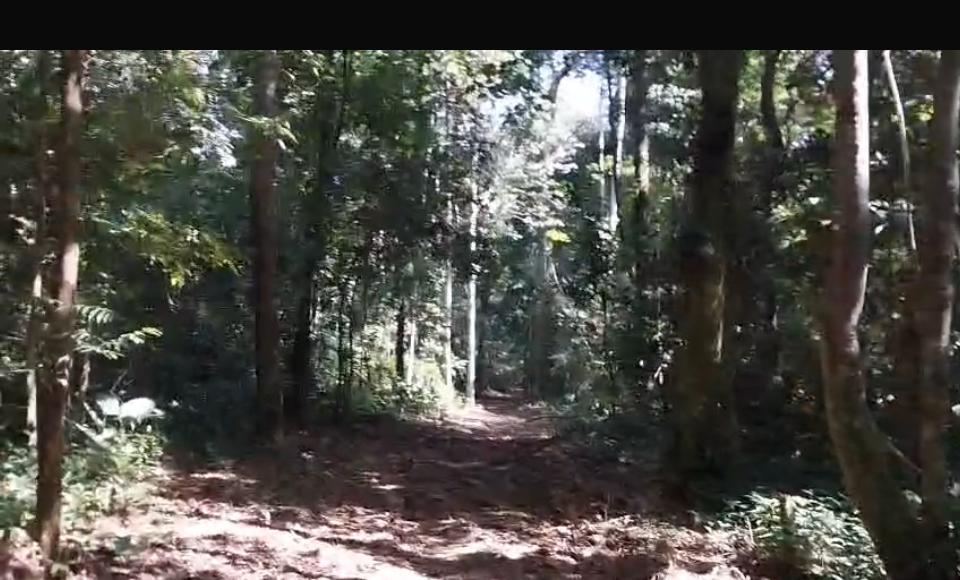Country: Bolivia,
When did this experience begin?: 03/04/2025
At what stage is the experience currently?: It's just an idea
Is the experience legally recognized?: No
Follow us on social media
Where does the experience take place?:
Context:
![]()
Social Issues:
Public health
![]()
Cultural Issues:
Loss of cultural identityImposition of external models
![]()
Political Issues:
Lack of recognition of traditional authoritiesCorruptionConflictos de soberanía nacional
![]()
Economic Issues:
MonocultivantsLivestock FarmingWildlife TraffickingIllegal EconomiesDrug Trafficking
![]()
Environmental Issues:
DeforestationDegradationDroughtsFloodsForest firesDestruction of ecosystems
| Title | Unit | Number | Description |
|---|---|---|---|
| Recuperación de suelos degradados con la implementación de Sistemas Agroforestales con plantines de café de origen clonal de la variedad Robusta Coffea canephora. | 5 | ||
| Producción de café orgánico de la variedad robusta bajo sistemas Agroforestales en reconducción a Dinámico Sucesional | 2000 | ||
| Senderismo en el bosque | 2 |

Comercialización de café en Honey o miel
30 Bolivianos
Ruta de la Fariña

Senderismo en el bosque
150 Bolivianos
Partners or Allied Organizations
| Organization Name | Organization Role in the Experience |
|---|---|
| Pastoral Social Caritas Departamento de Pando | Aliada |